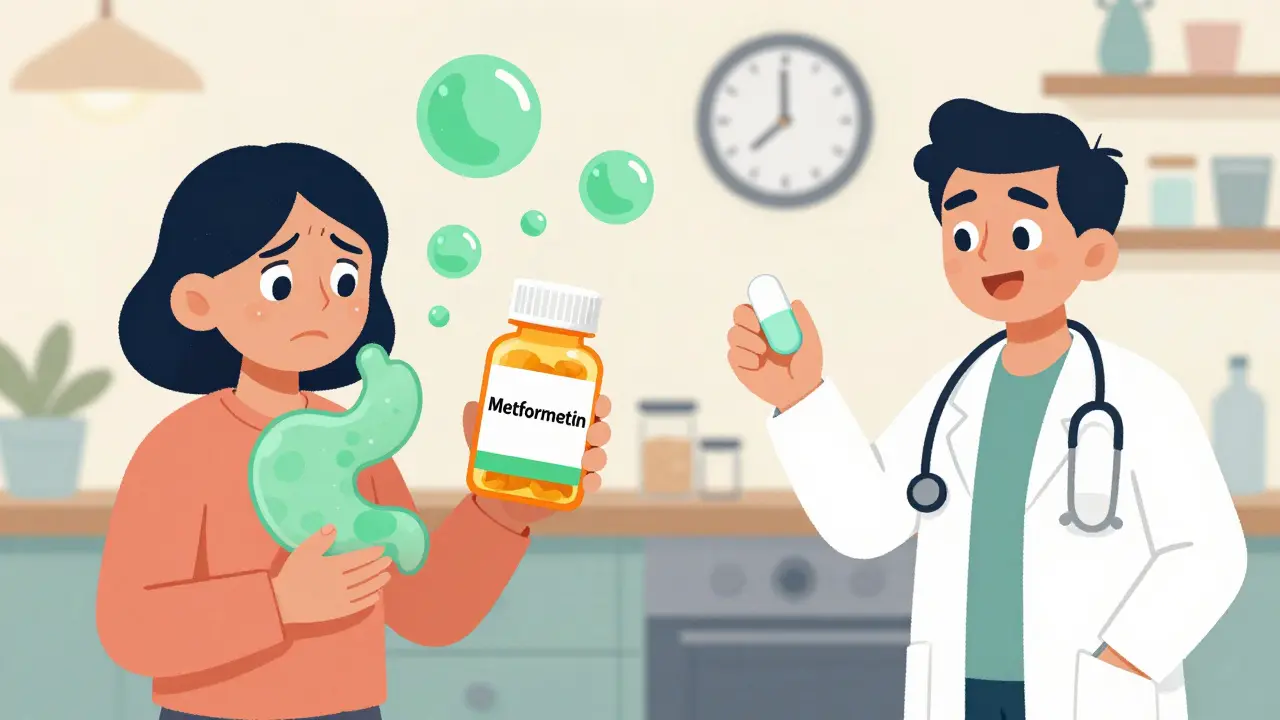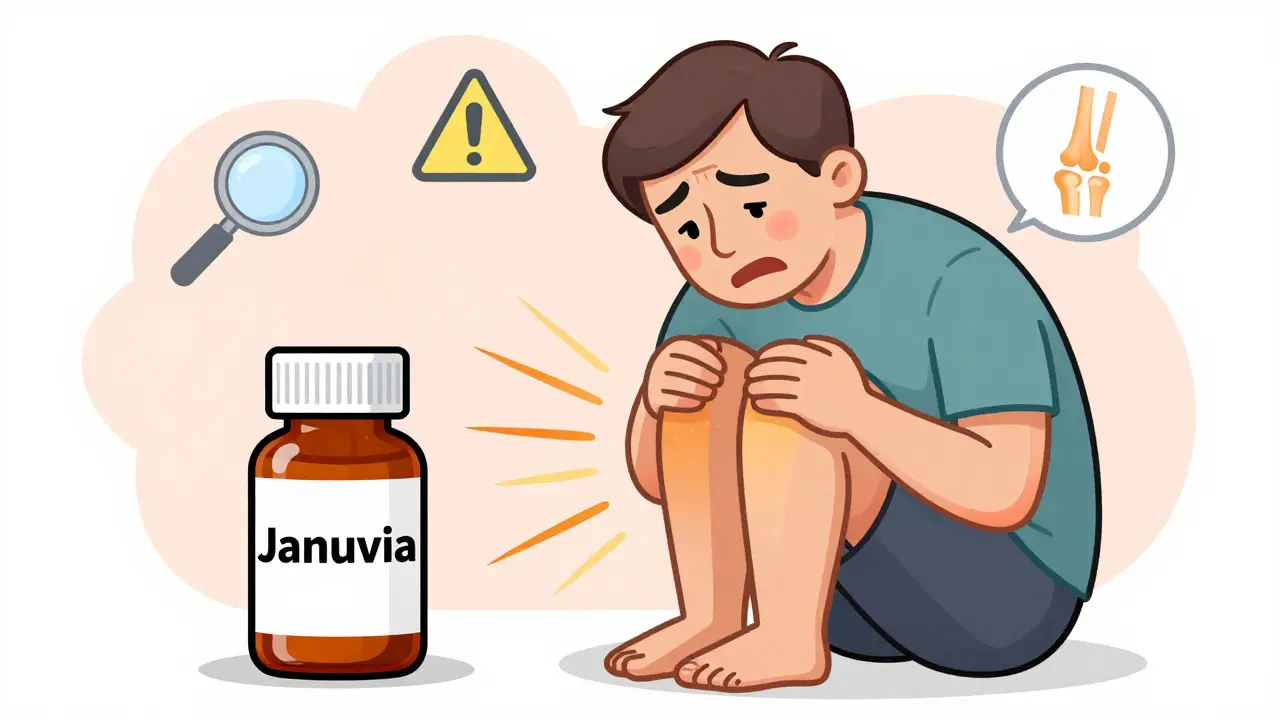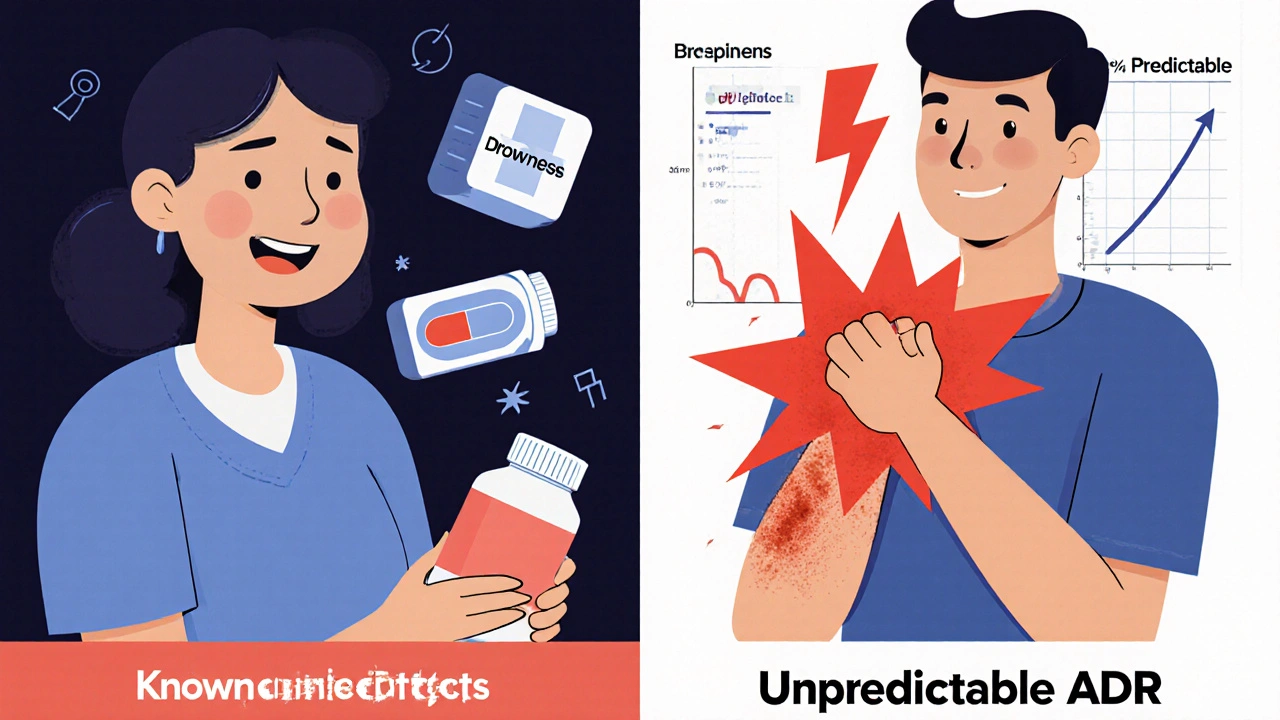Side Effects – What to Watch for with Drugs & Supplements
Side effects can sneak up on anyone taking a prescription, an over‑the‑counter pill, or a herbal supplement. Knowing what to expect—and how to respond—keeps you from nasty surprises. Below you’ll find straight‑forward snapshots of the most talked‑about side effects from our recent articles, plus tips on spotting red flags before they become problems.
Common Medication Side Effects
Take Amaryl (glimepiride), a diabetes drug many New Zealanders rely on. It’s effective at lowering blood sugar, but it can also cause low blood sugar (hypoglycemia), dizziness, or a fast heartbeat. If you feel shaky after a dose, eat a quick carb snack and check your glucose levels right away.
Dapasmart (dapagliflozin) works by helping the kidneys dump excess sugar. Users often report urinary tract infections, increased thirst, and occasional light‑headedness. Stay hydrated and let your doctor know if you notice any persistent burning during urination.
People on Levothroid for hypothyroidism usually feel better within weeks, but some experience hair loss, insomnia, or heart palpitations if the dose is too high. A simple blood test for TSH can catch dosing issues before they cause bigger problems.
For erectile dysfunction, Top Avana (avanafil‑dapoxetine) offers fast action, yet it can trigger headaches, flushing, or a sudden drop in blood pressure when mixed with certain heart meds. Always share your full medication list with a pharmacist before starting.
After eye surgery, many are prescribed fluorometholone eye drops. This steroid helps reduce inflammation but can raise eye pressure, leading to glaucoma if not monitored. Your eye doctor will check your pressure regularly—don’t skip those follow‑up visits.
Supplement Safety & Toxic Herbs
The hype around American Hellebore (Veratrum viride) as a “natural cure” is dangerous. The plant contains potent toxins that can cause vomiting, low blood pressure, and even heart arrhythmias. No clinical trial backs its safety, so steer clear and choose scientifically vetted supplements instead.
Other herbal options like ginger, turmeric, and saw‑palmetto have modest evidence for specific uses and far fewer side effects. When you shop for supplements, look for third‑party testing labels (USP, NSF) that verify purity and dosage.
Even prescription‑grade supplements can interact with meds. For example, high‑dose vitamin K can blunt the effect of blood thinners like warfarin. Keep a written list of everything you take—prescriptions, OTC meds, and herbs—so your doctor can spot dangerous combos.
Bottom line: side effects aren’t always a sign to stop a treatment, but they are a signal to pay attention. If a new symptom shows up, pause the product, note the timing, and reach out to a healthcare professional. Most of the articles on this tag dive deeper into each drug or supplement, giving you dosage charts, warning signs, and safer alternatives you can try.
Keep this page as your quick reference guide. When you click on any article title below, you’ll get a full breakdown of what to expect, how to manage uncomfortable effects, and when to seek medical help. Knowledge is your best defense against unwanted reactions, so stay curious and stay safe.

Choosing Diabetes Medications Based on Side Effect Profiles: A Practical Guide for Type 2 Diabetes
Choosing the right diabetes medication means matching side effects to your lifestyle. Learn which drugs cause weight gain, low blood sugar, or infections-and how to pick the safest option for you.
Read More
DPP-4 Inhibitors and Joint Pain: What You Need to Know
DPP-4 inhibitors help control diabetes but can cause severe joint pain in some users. Learn the signs, what the FDA says, and what to do if you're affected.
Read More
The Difference Between Medication Side Effects and Adverse Drug Reactions
Learn the critical difference between medication side effects and adverse drug reactions-why mixing them up can lead to dangerous decisions, and how to tell them apart for safer, smarter medication use.
Read More
Zyvox (Linezolid) Guide: Uses, Dosage, Side Effects & Safety Tips
A clear, up‑to‑date guide on Zyvox (linezolid) covering what it treats, proper dosing, common side effects, drug interactions and FAQs for patients and caregivers.
Read More
Potassium Supplements: Science, Dosage, Risks, and Safe Use Guide
A clear, evidence-based guide to potassium supplements: who needs them, safe dosage, interactions, food vs pills, and practical steps to avoid risks.
Read More
Levoquin (Levofloxacin): Uses, Dosage, Side Effects, Warnings, and Safer Alternatives
Plain-English guide to Levoquin (levofloxacin): uses, dosing, side effects, major warnings, interactions, and when to choose alternatives. NZ/US context.
Read More
Jaborandi Supplement: Benefits, Risks, Dosage, and Evidence (2025 Guide)
Curious about Jaborandi? Get clear, evidence-based answers on benefits, side effects, dosing, quality, NZ rules, and safe alternatives-without the hype.
Read More